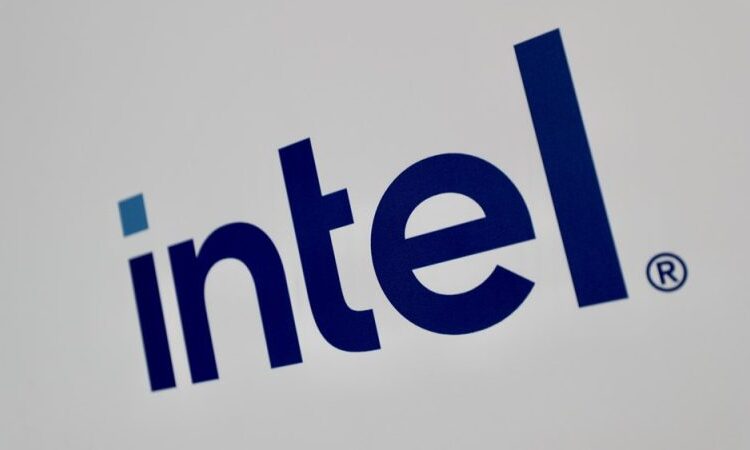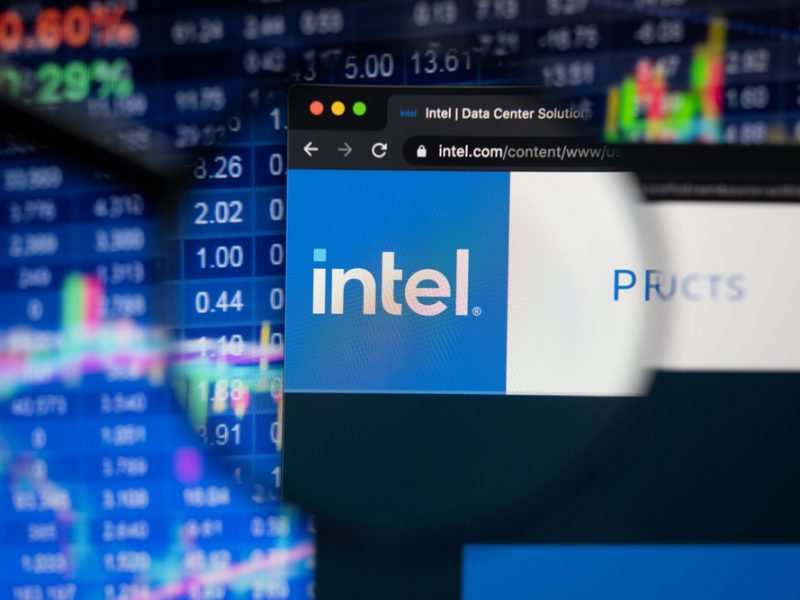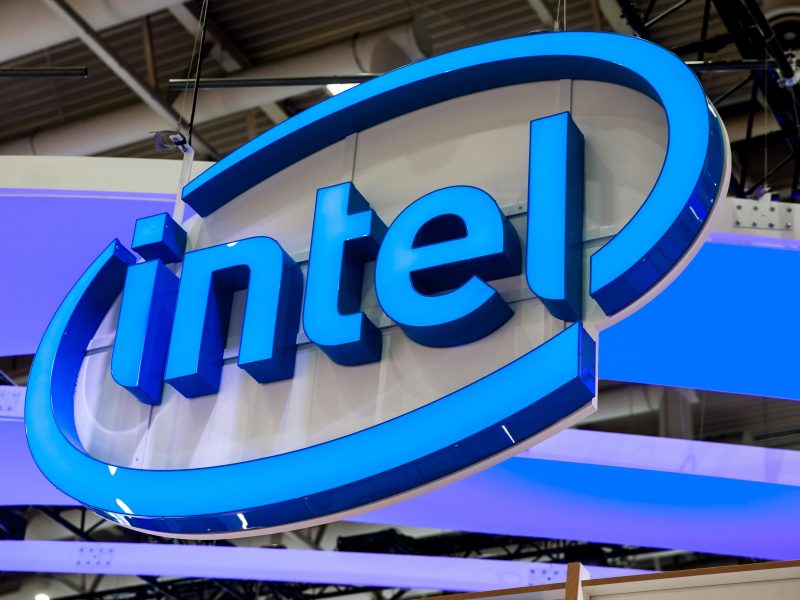
The German government and Intel signed a deal on Monday (19 June) that would see over €30 billion of investments in chips plants in Saxony-Anhalt in return for €10 billion of government subsidies.
After months of negotiations, the two sides signed the final agreement in the Federal Chancellery in the presence of Chancellor Olaf Scholz and Intel CEO Pat Gelsinger.
The new deal marks a major upgrade from previous agreements. Intel only earmarked €17 billion for investments in the Saxony-Anhalt in return for €6.8 billion in subsidies. However, Intel later stated that the subsidies were too low due to rising energy prices and inflation and demanded more financial assistance from the state.
“Intel will also invest more in total itself,” Saxony-Anhalt’s Minister of Economics Sven Schulze told public broadcaster MDR. “The main burden of the investment will be borne by Intel itself.”
While Germany pledged to increase the subsidies for the chips plant to €10 billion, the overall relative share of funding has thus decreased from 40% of the investment volume to less than 33%.
The fabs built in Magdeburg will also be more modern than initially planned and will involve next-generation systems from the Dutch manufacturer ASML – so-called EUV systems – used in the latest smartphones and computers.
High-ranking politicians of the governing coalition also praised the agreement.
“The agreement is good news for Germany as a business location and especially for eastern Germany,” Parliamentary Secretary of the liberal FDP, Torsten Herbst, said in a statement.
“The truth is that new chip production sites are only built worldwide with state support,” he stated, adding that Germany would be in “tough competition” with Asia and the United States.
However, not everybody was pleased by the announcement of the subsidy increase.
“I do not like such subsidies as a regulatory politician,” Siegfried Russwurm, President of the Federation of German Industries (BDI), said at the Industry Days in Berlin on Monday. However, due to the global pressures, Germany “can either let it pass by or it has to bite the bullet and bow to these global practices,” he added.
The increase of state aid has yet to be green-lighted by the European Commission to avert negative effects on the single market, but it was also controversial within the government in Berlin.
Finance Minister Christian Lindner heavily opposed the move in an interview with the Financial Times in early June, saying that the current budget would not cover the additional €3 billion in subsidies.
However, Green Economy Minister Robert Habeck insisted on the importance of the investment and financed the additional subsidies through a shadow budget in the economy ministry, Handelsblatt reported.
The German government aims to become less reliant on foreign chip suppliers. During the COVID-19 pandemic, supply shortages of microchips paralysed the German car industry, which suffered heavy production losses.
In response to global supply shortages, the EU has increased its efforts and recently passed the European Chips Act, which aims at bringing 20% of global semiconductor production back to Europe.
Further concerns relate to the geopolitical tensions around Taiwan, the world’s largest producer of chips, with peaks of market share reaching 90% for high-end ones.
However, critics point out that the recent race for microchip fabs could distort the single market and could disproportionally benefit larger member states with deeper pockets.
Germany itself has already been under fire earlier this year when it was revealed that it is by far the largest profiteer of the current relaxation of state aid rules.
Around 53% of state aid approved under the state aid temporary crisis framework has been dished out by Germany, making it the uncontested European champion of industry subsidisation.
[Edited by Luca Bertuzzi/Alice Taylor]









